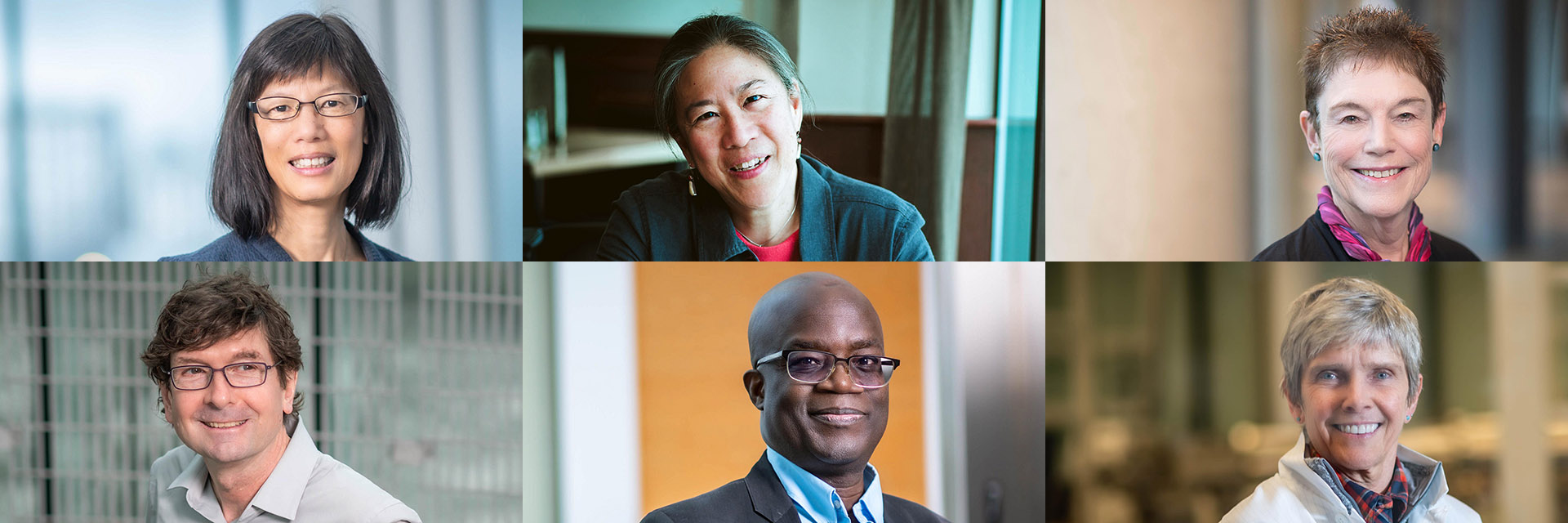Monday, May 2, 2022
6:30 – 8:00pm (with reception to follow for in-person attendees)
In person at Robert H. Lee Alumni Centre, 6163 University Blvd
Online via webinar
The past two years have left us eager for insights into what our futures could hold.
Join UBC’s six newest University Killam Professors for a unique glimpse into the future of their research and learn why the questions they’re asking are important for us all. Discover what’s inspiring these leading thinkers in diverse areas spanning physical rehabilitation, history, biomonitoring and age dating, multilingual literacy, ocean sustainability and evolutionary biology.
Recognized for their outstanding research and teaching careers to date with the highest honour that UBC can bestow on its faculty, the University Killam Professors will address compelling questions, including:
- Will new technologies and digital health approaches adopted during the pandemic transform how patients recover from stroke?
- Can we understand the emotions behind the past decisions of our bureaucrats, and should it change how we assess the history of government activities?
- How can a global storytelling initiative contribute to decolonization?
- Which new species are rapidly arising? And why do they sometimes disappear in an instant?
- Can we reset how we interact with our oceans to advance economic equity and social justice in harmony with nature?
- What knowledge can we unlock from microscopic samples of chemical elements? What can they reveal about the earth’s formation, our current environment and human social interaction?
Event details
Monday, May 2, 2022
In-person event
6:30 – 8:00pm – Program
8:00 – 8:30pm – Reception
Robert H. Lee Alumni Centre, 6163 University Blvd, Vancouver, BC V6T 1Z1
Virtual event
6:30 – 8:00pm
Tickets are free of charge for both in-person and online attendees.
Presenters:
- Prof. Janice Eng, Department of Physical Therapy, Faculty of Medicine | Bio & Presentation Topic
- Prof. Tina Loo, Department of History, Faculty of Arts | Bio & Presentation Topic
- Prof. Bonny Norton, Department of Language & Literacy Education, Faculty of Education | Bio & Presentation Topic
- Prof. Dolph Schluter, Department of Zoology, Faculty of Science | Bio & Presentation Topic
- Prof. Rashid Sumaila, Institute for the Oceans and Fisheries, Faculty of Science, and School of Public Policy and Global Affairs, Faculty of Arts | Bio & Presentation Topic
- Prof. Dominique Weis, Department of Earth, Ocean and Atmospheric Sciences, Faculty of Science | Bio & Presentation Topic
Hosted by:
Prof. Gail C. Murphy, Vice-President, Research & Innovation
Prof. Gage Averill, Provost and Vice-President Academic pro tem for UBC Vancouver
Tickets and registration: https://events.eply.com/AneveningwithUBCsUniversityKillamProfessors3364704
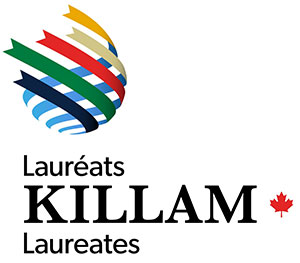
About the Killam Trusts:Since 1965, the Killam Trusts have awarded scholarships, fellowships, prizes and other funding to 7,800 Killam Laureates around the world. In Canada, the Killam name is synonymous with financial support for advanced studies. The Killam Trusts, established by Dorothy Johnston Killam and Izaak Walton Killam, benefit the University of British Columbia, the Canada Council for the Arts, Dalhousie University, The Neuro (Montreal Neurological Institute-Hospital), University of Alberta and the University of Calgary. More than 2,000 UBC professors, fellows, students and scholars have received Killam support for their research and scholarship. Every Killam scholar makes a unique contribution, creating and disseminating knowledge that has global impact.
Speaker information and presentation details
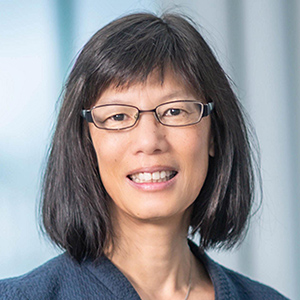
Janice Eng, Department of Physical Therapy, Faculty of Medicine
Professor Eng is a world leader in stroke recovery research, from basic neurobiology to novel clinical interventions and treatment programs, and has implemented these programs globally. Professor Eng is the Canada Research Chair (Tier 1) in Neurological Rehabilitation, has been recognized for excellence in mentoring early career faculty, and is a Fellow of the Canadian Academy of Health Sciences.
People typically receive months of hospital rehabilitation services for devastating injuries such as stroke, spinal cord injury or head injury. The transition to home can be challenging as people still have much recovery to make, in addition to adjusting to the emotional and physical impact of their injury. The COVID-19 pandemic provided an opportunity to develop virtual care and e-health models that could enhance the recovery and community reintegration processes. This presentation will showcase research to enhance stroke recovery at home through the use of virtual care and technology such as wearable sensors and home brain stimulation systems.
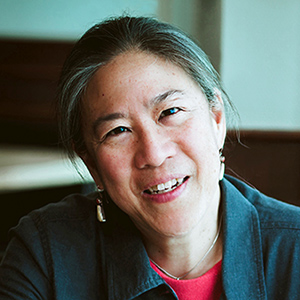
Tina Loo, Department of History, Faculty of Arts
Professor Loo is a leading scholar of Canadian and environmental history. Her work has focused on the nature and impacts of the state’s actions to manage human and non-human environments in the interests of development, and she is the author of three award-winning and influential monographs. Professor Loo is also recognized for her outstanding and innovative teaching techniques and commitment to mentoring, and is a Fellow of the Royal Society of Canada.
When we think of government bureaucrats and experts–if we think of them at all–we think of faceless automatons, cogs in the machinery of regulations that shape our lives. We don’t think of them as sensing, feeling people whose actions are influenced by their emotions. And yet scholars have long argued that it’s impossible to understand human behaviour without taking emotions into account. Doing so as an historian is challenging: It’s hard enough to know what someone feels now: how do we do so for people in the past? And why does it matter? In this talk, Professor Loo will address these questions through an emotional history of government efforts in Canada to wage war on poverty from the 1950s to the 1970s.
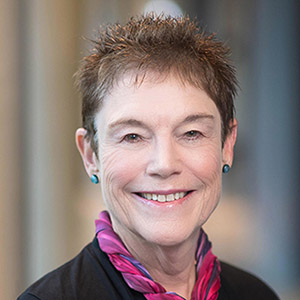
Bonny Norton, Department of Language & Literacy Education, Faculty of Education
Professor Norton’s seminal research on identity, language learning, and social change is internationally renowned. To promote multilingual literacy for children and youth worldwide, she leads the Global Storybooks project, which harnesses the scalability of digital technology to provide free online reading materials in over 50 languages across five continents. Professor Norton is a Fellow of the Royal Society of Canada and was selected BC 2020 Academic of the Year.
More than 750 million youth and adults do not know how to read and write, and 250 million children struggle with basic literacy skills, according to UNESCO figures. In response to this global educational challenge, a UBC team led by Professor Norton leveraged free digital stories from the African Storybook to develop the multilingual Global Storybooks project (globalstorybooks.net). The project hosts sites for over 50 countries worldwide, with stories translated into local languages, in print and audio. Of central research interest is the extent to which Global Storybooks is a decolonial project that promotes literacy, expands identities for students and teachers, and democratizes global flows of information and resources.
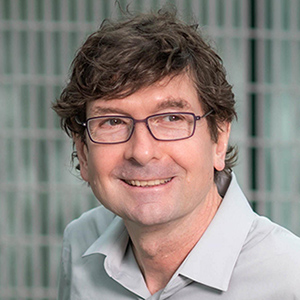
Dolph Schluter, Department of Zoology, Faculty of Science
Professor Schluter is one of the world’s leading authorities on ecology and the divergence of new species. His seminal research spans a broad range of topics including speciation, natural selection, adaptation to new environments, species diversity and phylogeny. Research and teaching methods developed by Professor Schluter have now become adopted as standard tools in the field. He is a Fellow of the Royal Society of London and the Royal Society of Canada, and an International Member of the US National Academy of Sciences.
Biodiversity is the greatest show on Earth, with its millions of species and their countless differences. But where do species come from? Professor Schluter is interested in how new species arise, especially by natural selection. Darwin started us down this path, but our understanding of what defines a species has advanced greatly since his time. In this talk, Prof. Schluter will showcase examples of new species arising rapidly and even repeatedly by natural selection on old genes, how species persist by a delicate balance of forces and may collapse almost instantly when environments change.
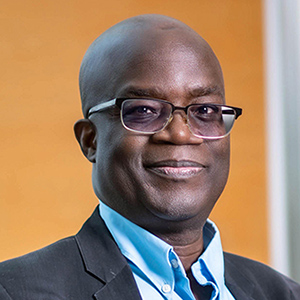
Rashid Sumaila, Institute for the Oceans and Fisheries, Faculty of Science, and School of Public Policy and Global Affairs, Faculty of Arts
Professor Sumaila’s research focuses on the well-being and sustainability of coastal communities and ecosystems. He is a Canada Research Chair (Tier I) in Interdisciplinary Ocean and Fisheries Economics and specializes in bio-economics, marine ecosystem evaluation, and the analysis of global issues such as fisheries subsidies, illegal, unreported and unregulated fishing, and the economics of high and deep seas fisheries. Professor Sumaila is a Volvo Environment Prize winner and a Fellow of the Royal Society of Canada.
Life on earth is getting more and more complicated and dangerous mainly because humanity has not yet found a way to live harmoniously with nature. The combined effects of COVID-19, climate change and the overexploitation of biodiversity while failing to meet the basic needs of a large percentage of the world’s population, have forced Professor Sumaila to refocus his research toward finding solutions that can ‘save two birds with one stone’. In this talk, he will present the concept of Infinity Fish developed in his 2021 book as a way to reset the button to allow us to link ocean sustainability with public investments in order to increase our chances of advancing economic equity and social justice, in harmony with nature.
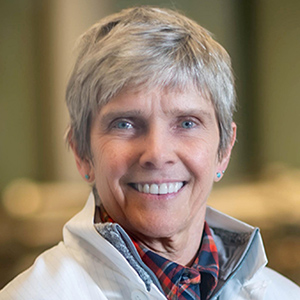
Dominique Weis, Department of Earth, Ocean and Atmospheric Sciences, Faculty of Science
Professor Weis is a renowned leader in the application of trace elements and radiogenic isotopes analysis. Her analytical insight has enabled new discoveries into Earth systems such as mantle plumes and hotspot volcanoes. Through the analysis of a wide range of materials such as honey, salmon, or belongings, her expertise allows the opening of new lines of research into health/epidemiology, local pollution/food security, and archeology/Indigenous-led studies. Professor Weis is a Canada Research Chair (Tier I) in the Geochemistry of the Earth’s mantle, a Fellow of the Royal Society of Canada, of the Geochemical Society and the American Geophysical Union.
Geochemistry helps us understand how the Earth formed and how it works. We can also use geochemistry directly to help in the discovery of mineral resources, in keeping the planet habitable and in assessing how clean our cities are. The potential applications of these tools over the last century have been highly dependent on the development of analytical techniques. These techniques helped us to determine an absolute age for the Earth as recently as 1956. Nowadays, Uranium-Lead dating means we can determine the age of objects and materials with astonishing precision, while using ever-smaller samples–as little as a nanogram. In this presentation, Professor Weis will share recent game-changing applications of geochemistry, looking at volcanoes, environmental biomonitoring, archaeology and anthropology.
This event is a partnership between the Office of the Vice-President, Research & Innovation, the Office of the Provost and Vice-President Academic for UBC Vancouver, and alumni UBC.
alumni UBC recognizes the support of Avis Budget Group.

